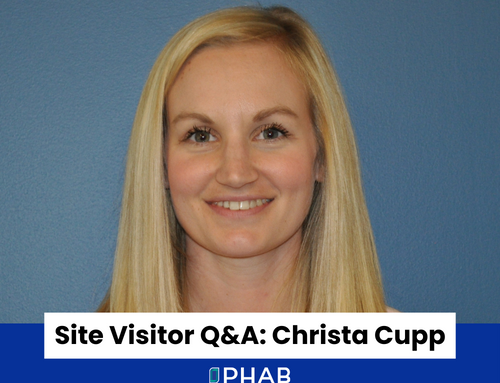Public health modernization and transformation is at the forefront of our minds. While this moment in time is unprecedented and historic, it seems that we have been building from historic moments for years in public health – navigating reduced and insufficient workforce and resources, increased attention to community and population health by other sectors, quality improvement and accreditation in public health, and more. Now’s the time for change.
Various frameworks are being used to strategize approaches to modernization and transformation, coupled with the ongoing day to day of COVID response efforts: the Foundational Public Health Services, Public Health 3.0, the 10 Essential Public Health Services, to name a few. What’s common to these frameworks is a description of what public health, governmental and the public health system at large, should be providing in communities – either as foundational or aspirational. And numerous initiatives have identified ways to address ‘the how’ – how to operationalize these frameworks and make them actionable.
As we look to the future, we should not only build from these existing bodies of work to modernize our existing public health systems and structures – building stronger systems from the existing foundation but also look to be bold. We must be willing to completely scrap what we have now and start anew – what would it look like if we had no rules, no boundaries, no limits to capacity and resources? What would we build then? How might our thinking be different? How might we truly build equitable public health systems when we don’t have the existing structures and systems that were built to oppress as our frame? Innovation tools, like those found in our Innovation Playbook, are a great place to start!
Our 21st Century Learning Community, comprised of states across the country intentionally transforming their public health systems, are leading the charge in taking both incremental and radical approaches to reimagine public health. To date, the current 11 21C states have used the Foundational Public Health Services as their model to intentionally transform governmental public health across the state – sharing innovations, learnings, and stories along the way.
As we look to the future of 21C, we aim to better define what it means to modernize and transform public health – do you have thoughts on this? Let us know – email [email protected].





